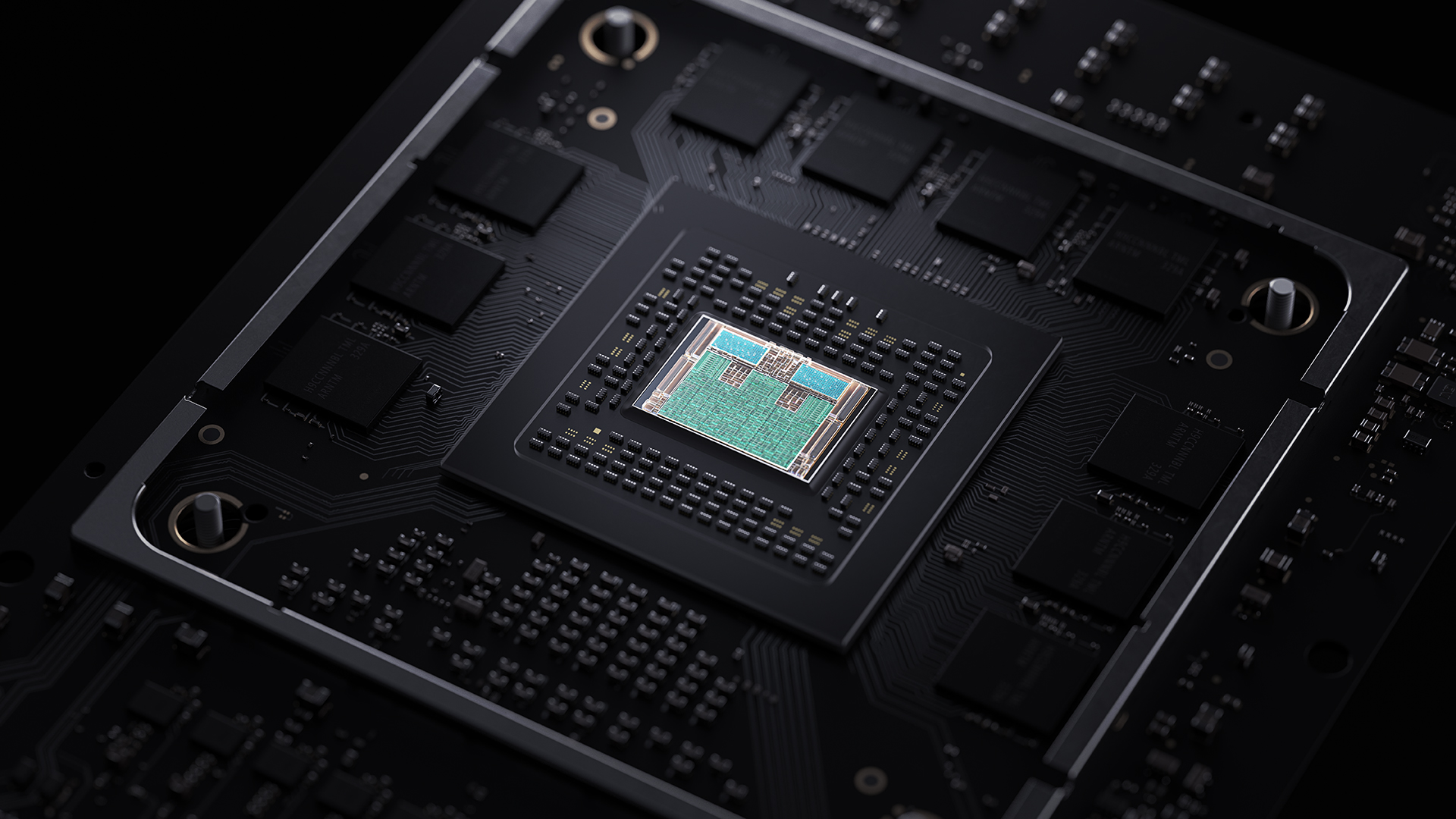1.) MSFT's approach to eliminating I/O bottlenecks is through HW & SW. PS5's is primarily through hardware. Sony doesn't want any CPU overhead. And that's the clear advantage with the PS5 approach; zero CPU overhead. The advantage with MSFT's is they can continuously improve their algorithm runtime and actual performance to lower the CPU overhead while improving the actual I/O performance. MSFT is using their software expertise to do some impressive stuff.
What's with the assumption Sony haven't also put emphasis on eliminating IO bottlenecks in their software stack? I don't get why this narrative keeps popping up.
No amount of software tweaking will all you to skip calculations done on the CPU, either. A mature software solution running on a CPU won't compete will a hardware accelerator, and there's no reason why a hardware accelerated solution couldn't also include some CPU software based processing in it's pipeline, too.
There's low level and high level access and game-makers can choose whichever flavour they want - but it's the new I/O API that allows developers to tap into the extreme speed of the new hardware. The concept of filenames and paths is gone in favour of an ID-based system which tells the system exactly where to find the data they need as quickly as possible. Developers simply need to specify the ID, the start location and end location and a few milliseconds later, the data is delivered. Two command lists are sent to the hardware - one with the list of IDs, the other centring on memory allocation and deallocation - i.e. making sure that the memory is freed up for the new data
That sounds like a radical new approach to IO API. The implication that Microsoft has somehow focussed on software while Sony on hardware just isn't the reality of what's happening.
The neat doubling of a raw (and unimpressive for PCIe4.0) 2.4GB/s to 4.8GB/s smells of using a best-case BCPack ~50% compression figure to me.
I don't think it's typical, but typical of a best case scenario.
Sony's less than doubling and less precise 8-9GB/s seems typical considering Kraken and their 5.5GB/s starting point.
22GB/s will be best case scenario decompressing only simple vertex type data.
But in my opinion focussing on sequential read is old paradigm and it's going to be the random read numbers and latency that will be wildly different between the two consoles. The extra channels, queues and hardware offloading will in my opinion make PS5 more than doubly quick in the kind of discrete real-time asset streaming capability.
Sequential reads only really help for initial loads of contiguous data bundles.
PS5 first-party open world stuff has the potential to be next level. It's telling that developers of all stripes are more excited about IO and CPU than GPU at the moment.
PS5's focus on hardware accelerators will likely leave the CPU with more free capacity for game specific calculation in real terms, despite its lower clock.
It's basically the paradigm Apple have taken that have historically kept their chips performing better than the generics.
I'll be surprised if PS5 is cheaper than XSX.









